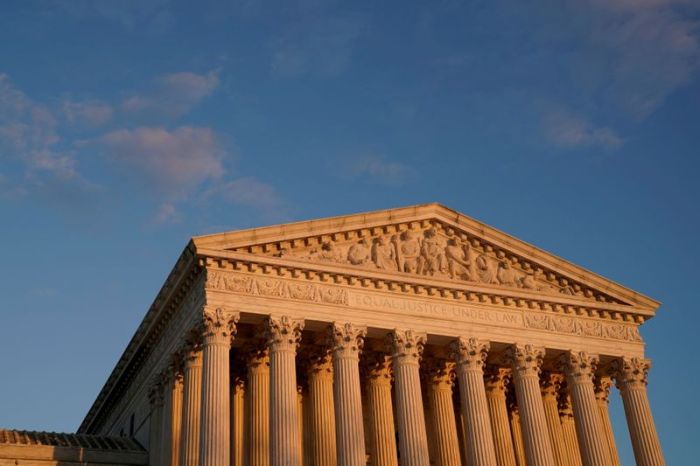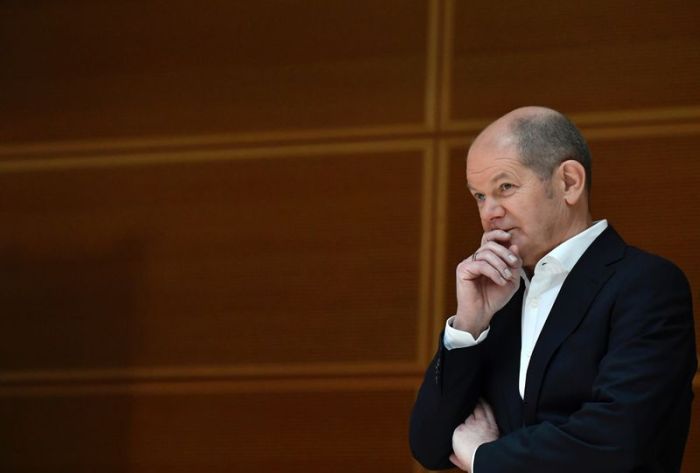BOSTON (Reuters) – Massachusetts’ top court on Wednesday reversed an order requiring Facebook Inc to turn over to state Attorney General Maura Healey records identifying apps the company suspected had misused customer data, but the justices said she ultimately could obtain some materials.
The Massachusetts Supreme Judicial Court ruled that while some of Facebook’s records were protected from disclosure, Healey had demonstrated a “substantial need” for materials to investigate the social media company’s privacy practices following the Cambridge Analytica scandal.
Healey and Facebook did not respond to requests for comment.
The records stemmed from an internal investigation Facebook launched in 2018 after revelations that Cambridge Analytica, a political consulting firm, had improperly gained access to data from as many as 87 million of the social media network’s users.
Cambridge Analytica provided the data to help Donald Trump’s 2016 presidential election campaign.
According to court papers, Facebook’s internal investigation led it to suspend 69,000 apps, mostly because their developers did not cooperate with the investigation. About 10,000 were identified as having potentially misused user info.
The internal investigation was led by a law firm, Gibson Dunn & Crutcher, in anticipation of litigation, Facebook said.
Healey, a Democrat, went to court in 2019 to enforce the civil equivalent of a subpoena after Facebook refused to disclose the identities of such apps.
Justice Scott Kafker, writing for the 5-0 court, said a lower-court judge wrongly concluded Facebook’s information did not qualify as attorney “work product” potentially protected from disclosure.
But Kafker said further lower-court proceedings would likely determine that a “significant amount of information” could be disclosed.
Other states are conducting similar probes. The attorney general for Washington, D.C., sued Facebook in 2018 over the scandal. In 2019, Facebook agreed to pay $5 billion to resolve a Federal Trade Commission probe into its privacy practices.
(Reporting by Nate Raymond in Boston; Editing by Will Dunham and Jonathan Oatis)


























